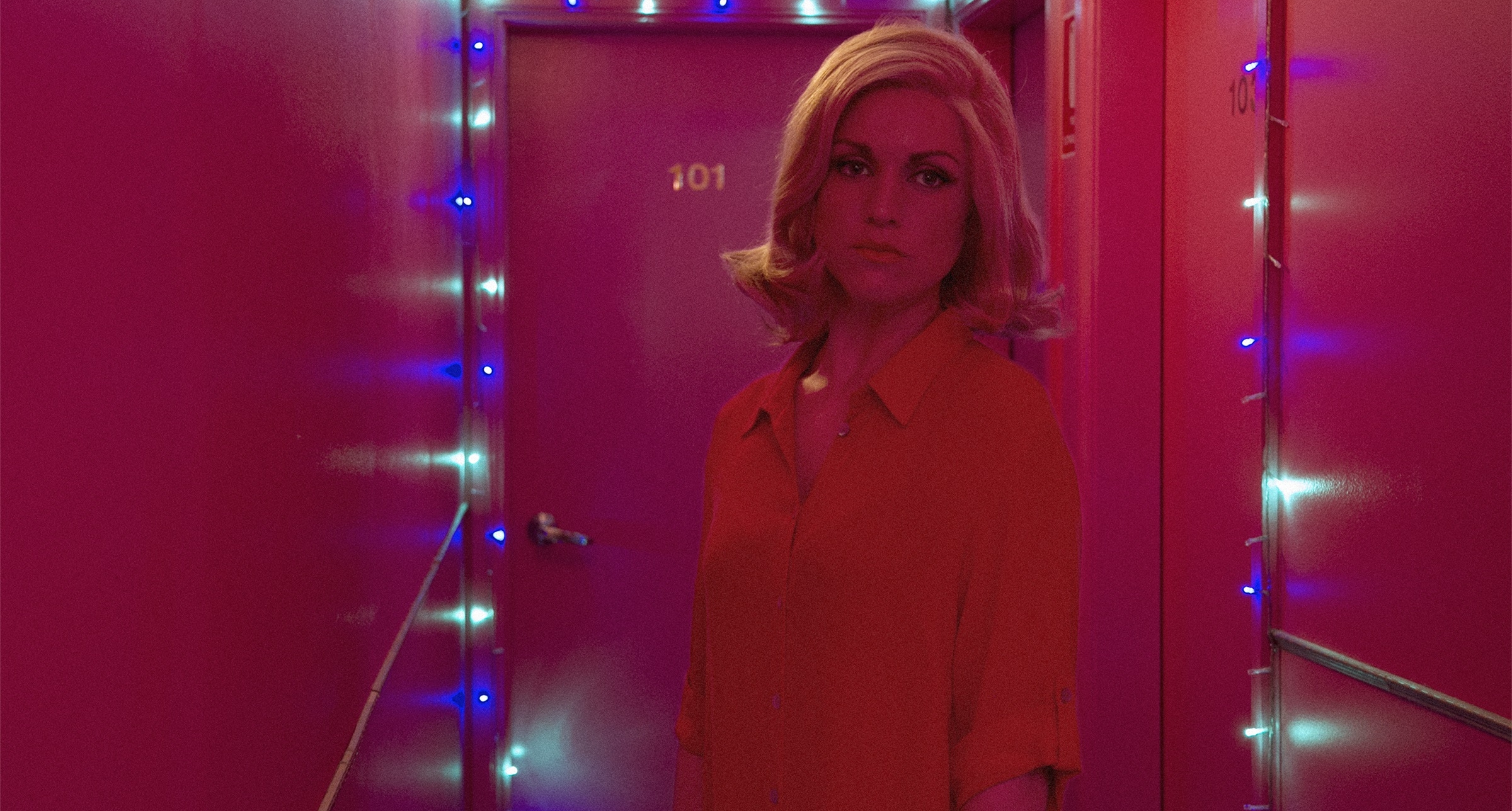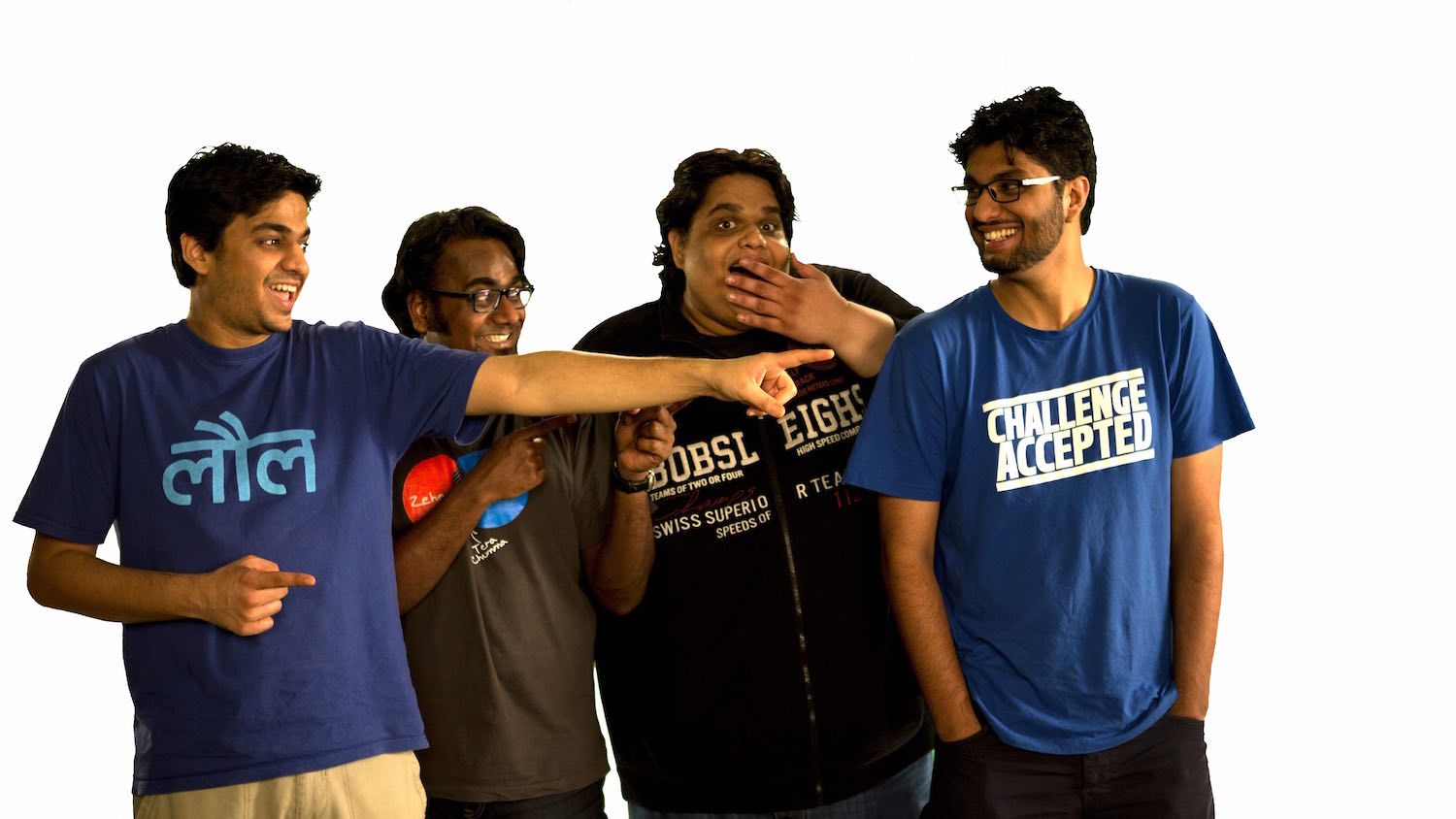“I think the whole idea of the curator has become very cool in the last five to ten years,” Meagher considers. “There are a lot more courses and masters degrees, things like that to produce curators. Though I have a little bit of a bugbear about the term, and how widely it has been used. Curating is about a lot more than making a list, or just saying, ‘You, you, and you’, and then it’s case closed, show curated. That’s more like a shopping bag. It’s much more about relationships with artists, about really long-term development of ideas. I think the best curators chase those long-term collaborative relationships, not to the extent where they are actually effecting the work, but it’s about a conversation developed around artist’s work that can help the art, can put it in the best context that it can possibly have.”
Meagher’s own background as an artist no doubt helps realise this perspective immensely, and she is vehemently hands on with her practice. “When I started, the top thing on my to-do list was to go around the country and meet with as many young artists as I could,” she elaborates. “That was an amazing experience and gives you a really good sense of the different ways practices are working in different communities. But you also get the big picture of what people are thinking about.”
The notion of a big-picture artistic conversation is interesting, and prompts me to ask if there are particular trends Meagher has noted from town to town, state to territory.
“A lot of people in Perth were talking about the closure of a number of galleries, commercial and artist-run, so there seemed to be this spike in artists being curators [and] artists creating projects in public space, doing publishing projects, these things that are really outside galleries,” she says. “But then there are also strange things that people have in common that they’re thinking about. Science-fiction for instance is something that has come through the festival quite strongly, and that’s something a bit unexpected.”
The genre is often heralded as a landscape of inspiration and change, of pushing social borders and allowing us to synchronise hypothetical concerns with contemporary cultural practices. For Next Wave Festival, the questioning (and questing) narratives of sci-fi seem oddly appropriate.
“I think the idea of surprise, or the unexpected, is what audiences seek from Next Wave. Particularly how much it can change every two years, it can be a totally different beast,” says Meagher. “But it’s always this interdisciplinary thing. You can go from a dance show to a theatre performance, to an exhibition, to a really immersive participatory event, but the journey between them is always a bit of an adventure. There are always a couple of Next Wave projects that are in really unexpected places, or places that you might not be able to access normally. As an audience member, I always saw Next Wave as a space for adventure, and so I’ve kept that in mind in curating this festival as well. There are 37 different people from around the country who have something they want to say to the world, and for me, that’s so reflective of this moment in time, of what the world is like, to try and unpick what those things are. What that space inbetween is, and what the questions that come up look like when you just let them stand on their own.”
BY ADAM NORRIS

